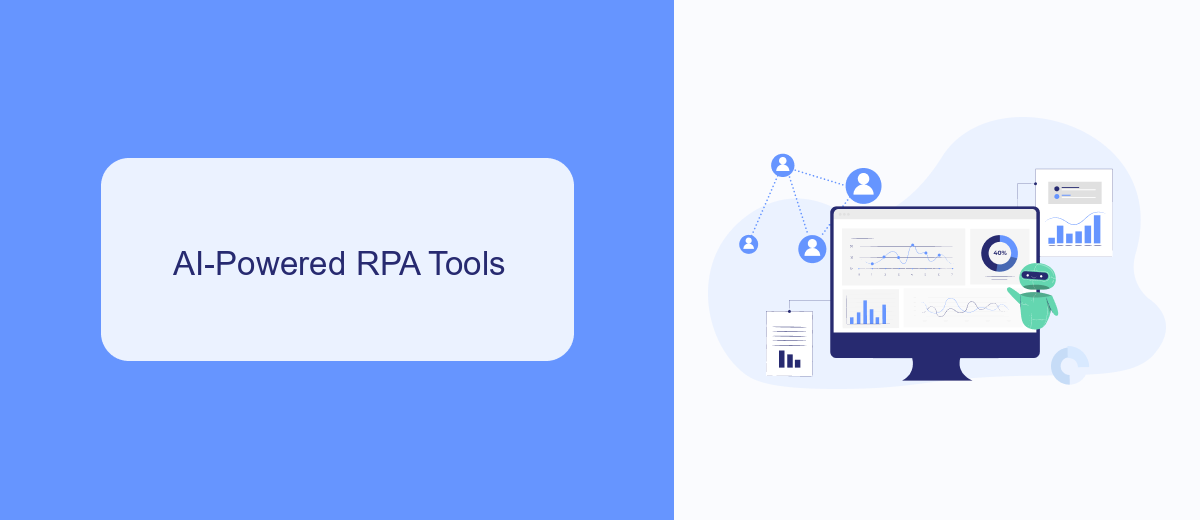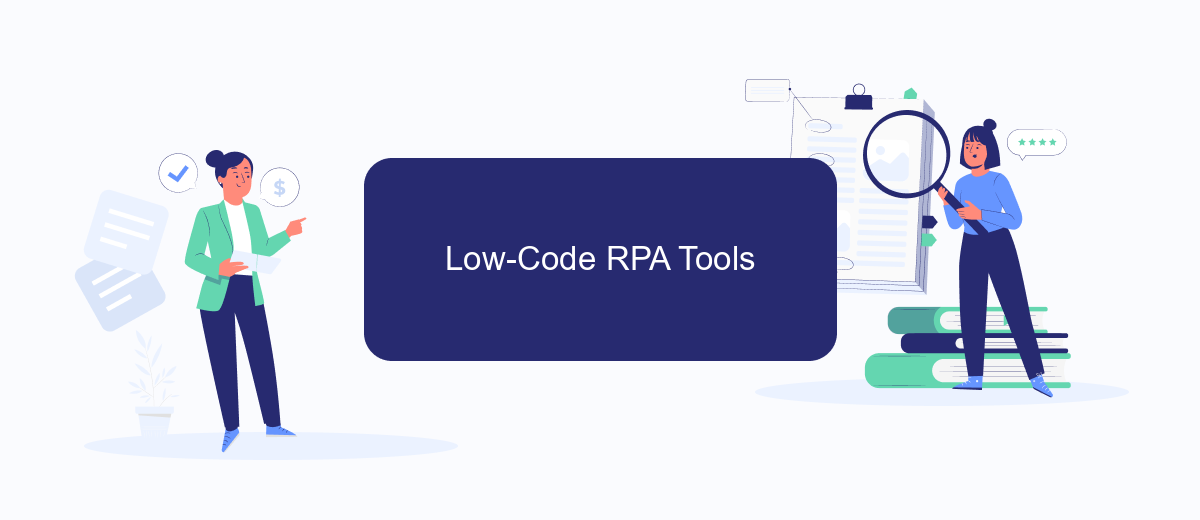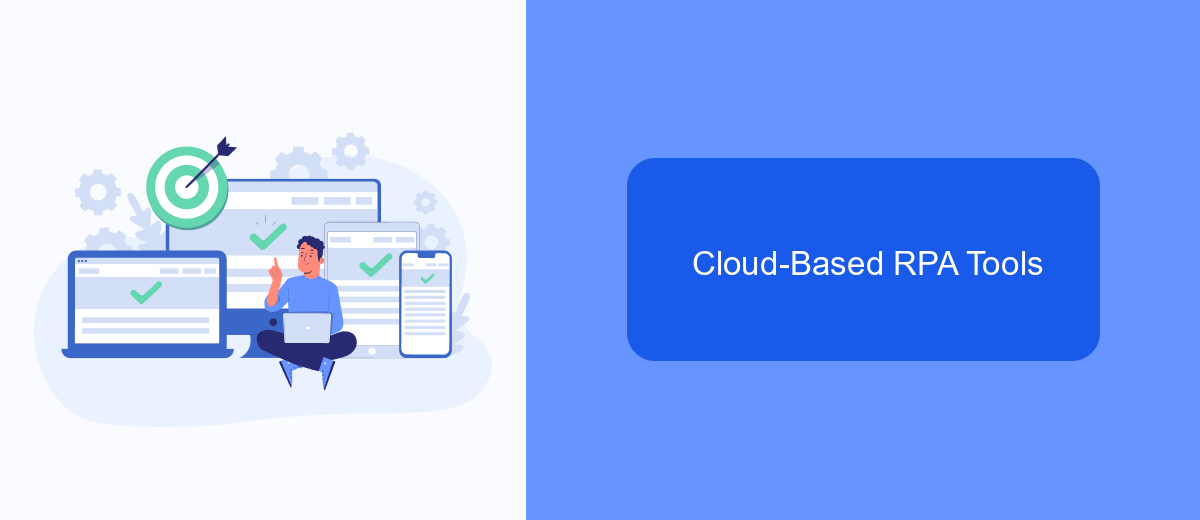UiPath has established itself as a leading player in the Robotic Process Automation (RPA) industry, offering robust solutions for automating repetitive tasks. However, the competitive landscape is rich with other formidable contenders. This article explores the key competitors of UiPath, analyzing their strengths, unique features, and market positioning to provide a comprehensive understanding of the RPA ecosystem.
RPA Tools
Robotic Process Automation (RPA) tools have revolutionized the way businesses handle repetitive tasks by automating workflows and processes. These tools not only improve efficiency but also reduce human error, allowing employees to focus on more strategic activities.
- UiPath: A leading RPA tool that offers a comprehensive platform for automating various business processes.
- Automation Anywhere: Known for its user-friendly interface and robust capabilities in automating complex tasks.
- Blue Prism: Offers a scalable and secure RPA solution, often used in large enterprises.
- SaveMyLeads: Specializes in setting up integrations quickly and easily, helping businesses streamline their workflows.
- WorkFusion: Combines RPA with AI to provide intelligent automation solutions.
Each of these tools has its own strengths and weaknesses, making it essential for businesses to evaluate their specific needs before selecting an RPA solution. For example, SaveMyLeads is particularly useful for businesses looking to simplify their integration processes, ensuring seamless data flow between various applications and services.
AI-Powered RPA Tools

AI-powered Robotic Process Automation (RPA) tools are revolutionizing the way businesses operate by leveraging artificial intelligence to enhance automation capabilities. These advanced tools utilize machine learning, natural language processing, and computer vision to handle complex tasks that traditional RPA tools struggle with. By incorporating AI, these solutions can understand unstructured data, make decisions, and adapt to changing environments, making them highly efficient and versatile.
Among the notable AI-powered RPA tools are Automation Anywhere, Blue Prism, and WorkFusion. These platforms offer comprehensive solutions for automating business processes, from data extraction to customer service automation. Additionally, services like SaveMyLeads can be integrated with these tools to streamline data flow and automate lead management tasks. SaveMyLeads simplifies the integration process, allowing businesses to connect various applications and automate workflows without the need for extensive coding or technical expertise. This synergy between AI-powered RPA tools and integration services significantly enhances productivity and operational efficiency.
Low-Code RPA Tools

Low-code RPA tools have become increasingly popular as they enable businesses to automate processes with minimal coding effort, making automation accessible to non-developers. These tools provide intuitive drag-and-drop interfaces and pre-built templates to streamline the automation process.
- Microsoft Power Automate: A versatile tool that integrates seamlessly with other Microsoft products, offering a wide range of pre-built connectors.
- Appian: Known for its robust process automation capabilities and user-friendly interface, Appian simplifies complex workflows.
- OutSystems: Offers a comprehensive low-code platform that supports rapid application development and deployment.
- SaveMyLeads: Specializes in automating lead generation and CRM integrations, making it easier to manage and nurture leads without manual intervention.
- Zoho Creator: A flexible platform that allows users to build custom applications and automate workflows with ease.
These low-code RPA tools empower organizations to automate repetitive tasks and integrate various systems effortlessly. With platforms like SaveMyLeads, businesses can streamline their lead management processes, ensuring that valuable leads are captured and nurtured efficiently. This makes low-code RPA tools a valuable asset for companies looking to enhance productivity and reduce operational costs.
Cloud-Based RPA Tools

Cloud-based RPA tools have gained significant traction due to their scalability, flexibility, and ease of deployment. These tools allow businesses to automate processes without the need for extensive on-premises infrastructure, making them particularly attractive for organizations looking to reduce costs and increase efficiency.
One of the key advantages of cloud-based RPA tools is their ability to integrate seamlessly with various cloud services and applications. This ensures that businesses can leverage their existing cloud ecosystems to enhance automation capabilities. Tools like SaveMyLeads play a crucial role in this integration process by providing a platform for automating lead data transfers between different services.
- Scalability: Easily scale up or down based on business needs.
- Flexibility: Access RPA tools from anywhere with an internet connection.
- Cost Efficiency: Reduce the need for expensive on-premises hardware.
- Seamless Integration: Connect with various cloud services effortlessly.
In conclusion, cloud-based RPA tools offer numerous benefits that make them an attractive option for businesses of all sizes. By leveraging services like SaveMyLeads, companies can further streamline their automation processes and ensure smooth data integration across multiple platforms.
Open-Source RPA Tools
Open-source RPA tools provide a cost-effective alternative to proprietary solutions like UiPath, offering flexibility and customization for businesses of all sizes. These tools are often community-driven, ensuring continuous improvements and updates. Popular open-source RPA tools include Robot Framework, which is widely used for test automation and supports both web and mobile applications, and TagUI, known for its simplicity and ease of use. These tools enable organizations to automate repetitive tasks without the need for extensive coding knowledge, making them accessible to non-technical users.
In addition to basic automation capabilities, open-source RPA tools can be integrated with various services to enhance functionality. For instance, SaveMyLeads is a service that allows seamless integration of different business applications, ensuring that data flows smoothly between systems. This can significantly reduce the time and effort required for setting up automation workflows. By leveraging open-source RPA tools and complementary services like SaveMyLeads, businesses can create robust and efficient automation solutions tailored to their specific needs.
- Automate the work with leads from the Facebook advertising account
- Empower with integrations and instant transfer of leads
- Don't spend money on developers or integrators
- Save time by automating routine tasks
FAQ
What are some alternatives to UiPath for robotic process automation (RPA)?
How does SaveMyLeads compare to other RPA tools?
Is it necessary to have technical skills to use RPA tools?
Can RPA tools integrate with existing business systems?
What factors should be considered when choosing an RPA tool?
If you use Facebook Lead Ads, then you should know what it means to regularly download CSV files and transfer data to various support services. How many times a day do you check for new leads in your ad account? How often do you transfer data to a CRM system, task manager, email service or Google Sheets? Try using the SaveMyLeads online connector. This is a no-code tool with which anyone can set up integrations for Facebook. Spend just a few minutes and you will receive real-time notifications in the messenger about new leads. Another 5-10 minutes of work in SML, and the data from the FB advertising account will be automatically transferred to the CRM system or Email service. The SaveMyLeads system will do the routine work for you, and you will surely like it.

